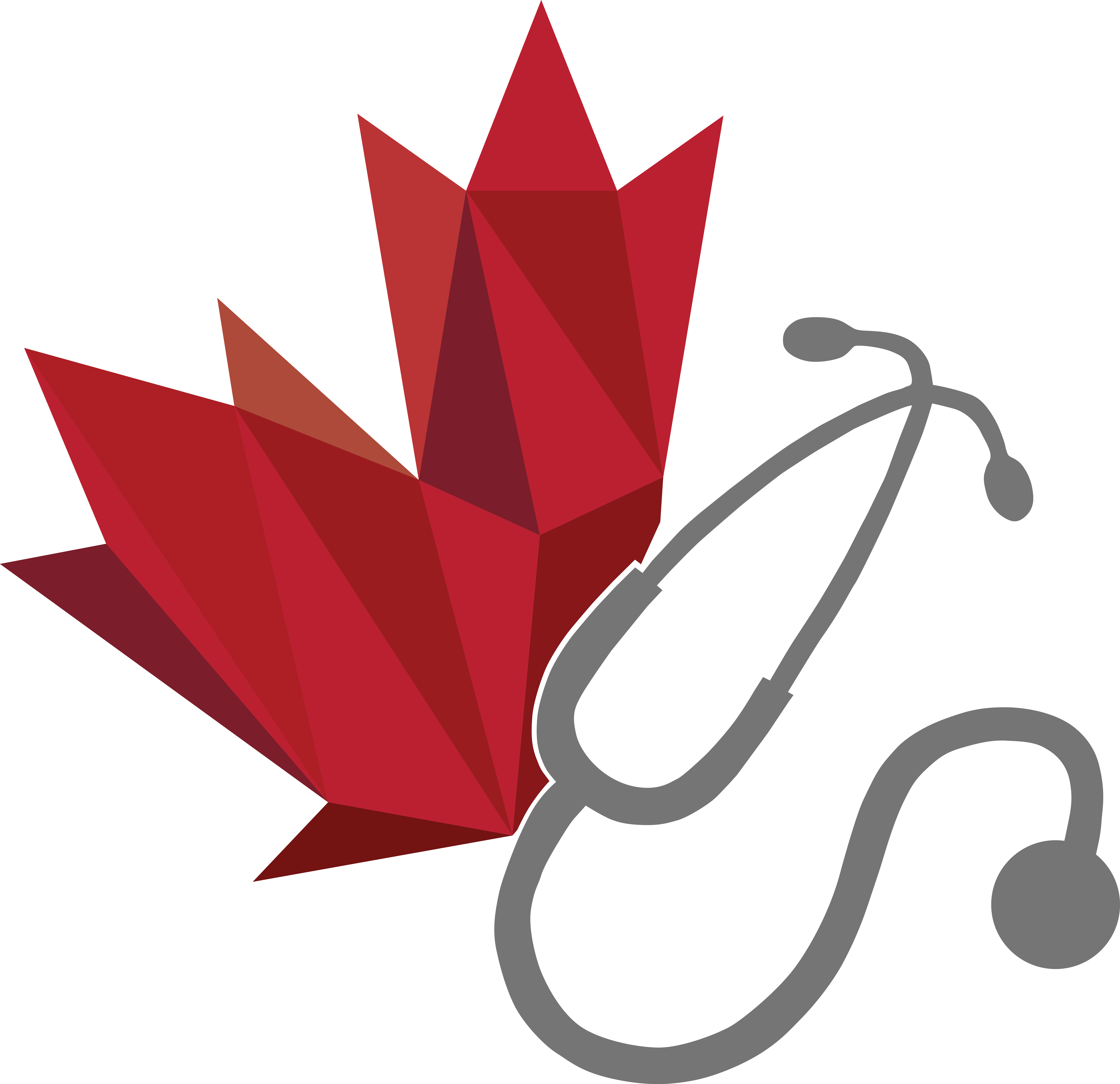Health and Environment Adaptive Response Task Force
The Health and Environment Adaptive Response Task force (HEART) is a group within the Canadian Federation of Medical Students (CFMS) that was established in 2016 to help integrate communication and advocacy among Canadian medical students regarding current issues in environmental health and climate change. This is through events to raise awareness, and the development of core curricular competencies that address the main environmental issues to be included in the medical school curriculum across Canada.
2018-19 HEART Committee members: Finola Hackett (University of Alberta), Sasha Létourneau (Queen’s University), Arianne Cohen (University of Toronto), George Kitching (University of Western Ontario), Jessica Benady-Chorney (McGill University), Kelsey MacQueen (University of Calgary), Tiffany Got (University of Toronto) , Natalya O’Neill (University of Toronto)
Current HEART Initiatives
1. Curricular Competencies
Climate change is inextricably linked to public health. HEART has been working since its creation to incorporate learning of the crucial links between climate and environmental changes and health in medical curricula, through the creation of a set of core competencies for integration in education nationwide. HEART’s aim is to create and incorporate an environmental health curriculum into all Canadian medical schools’ curricula by 2020.
Read more about HEART's curricular competencies initiative on the Curricular Competencies Page
2. HEART Network
The HEART Network consists of Environmental Sustainability / Climate Change Officers / Environmental Interest Group leads, in addition to any other interested Canadian medical students. They will collaborate with the core HEART Committee on local environmental health & sustainability initiatives. This may include:
- Assessing the status of climate change, environment and health related curricular and extra-curricular educational initiatives at their school
- Working with local experts and faculty members to advocate for integration of the HEART national core competencies into the curriculum.
- Organizing local awareness events/initiatives on environment and health, and participating in national initiatives (e.g. HEART Earth Week Initiative)
All members of the HEART Network will be invited on an open basis to join HEART Skype/teleconference meetings held by the HEART Committee (note: these meetings are entirely optional for members of the Network). The HEART Committee will send out updates to the HEART Network via email between meetings.
If you are interested in becoming part of this national network, please fill out this form
3. Awareness Initiatives
HEART has had great success thus far with events and contests that are intended to increase the knowledge and awareness of medical students towards environmental issues.
- - For the past 2 years, our Earth Day Photo Contest is an annual contest that allows students to submit photos they’ve taken that show what a sustainable and healthy environment means to them. The 2018 photo contest received 63 high-quality and varied entries from across the country.
- - New in 2018, HEART’s Earth Week Activity Challenge is an opportunity for medical students to upload photos to social media (Facebook, Twitter or Instagram) of them taking environmentally conscious actions that would promote a reduction in their ecological footprint (e.g. riding a bike, recycling, using a reusable coffee thermos). This increases student participation with HEART and helps them further understand the connection between their environment and the health of their community. The University of Saskatchewan medical school won the inaugural Earth Week Activity Challenge.

2018 Earth Day Photo Contest Winner: Midnight Sun, submitted by Candace Nayman, University of Ottawa
4. Monthly Newsletters
Each month, the HEART committee puts together a newsletter to inform Canadian medical students about our activities and initiatives and various other news and updates related to climate change and health, including links to research in this area, winning photos from last year’s photo contest, tips on how you can practice “Green” medicine and lots of other interesting updates!
To see our past newsletters, here
Relevant and Useful Links
- - Canadian Association of Physicians for the Environment: https://cape.ca
- - CMAJ article on CMA’s divestment from fossil fuels: http://www.cmaj.ca/content/187/14/E425
- - WHO Climate change home page: https://www.who.int/globalchange/en/
- - Lancet Countdown: Tracking the Connections between public health and climate change: http://www.lancetcountdown.org
- - The Global Climate and Health Alliance: http://www.climateandhealthalliance.org

